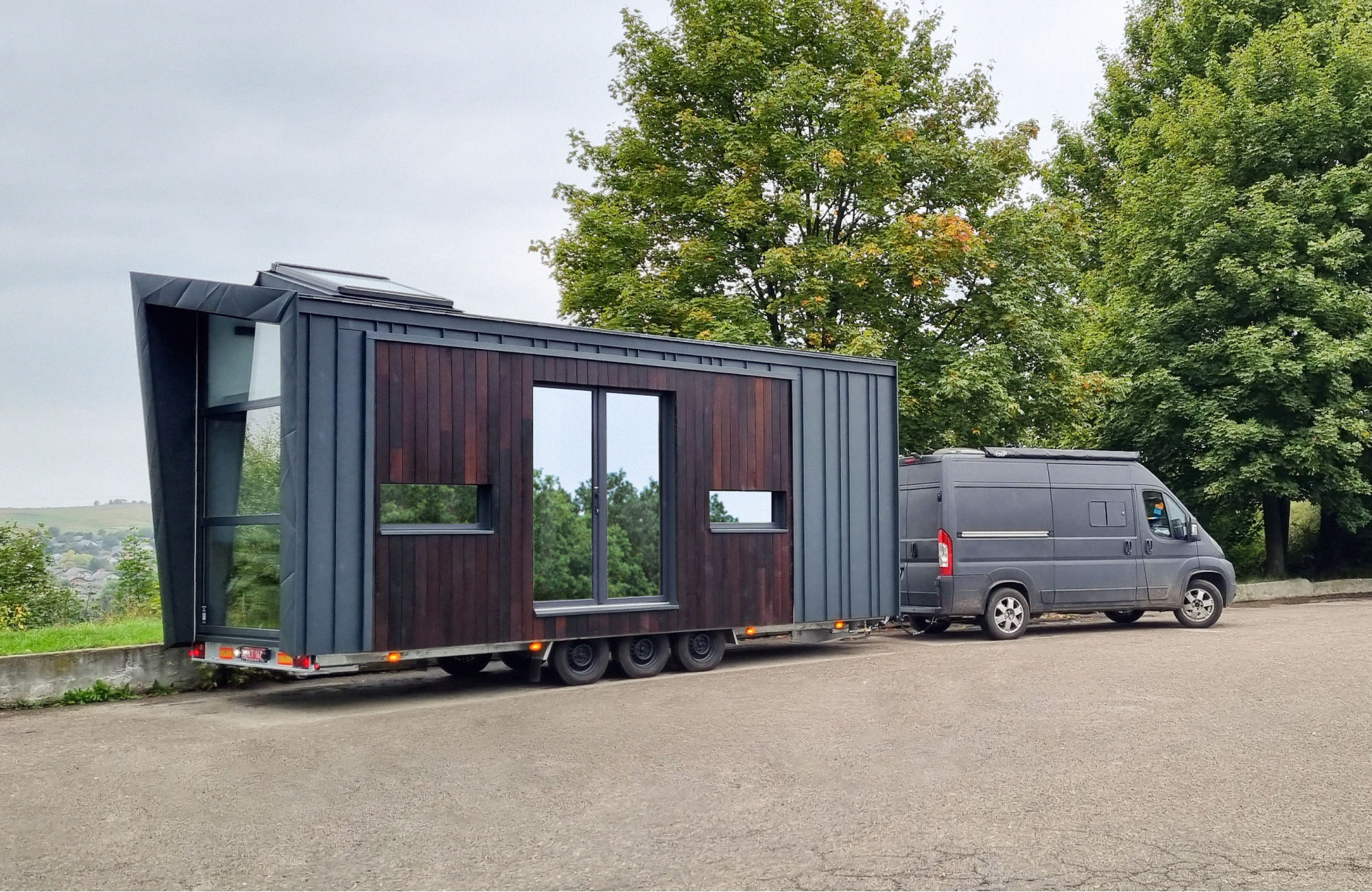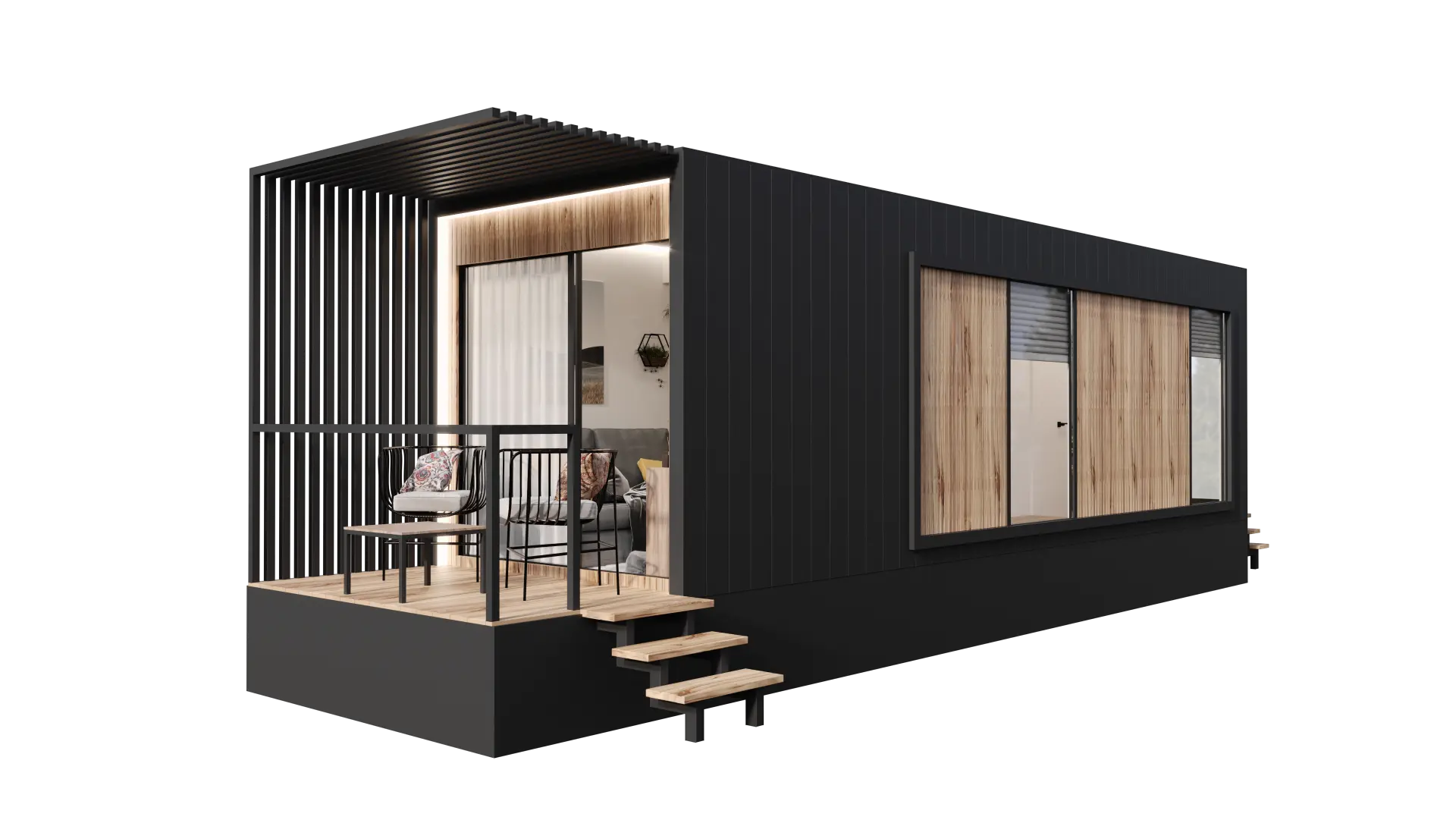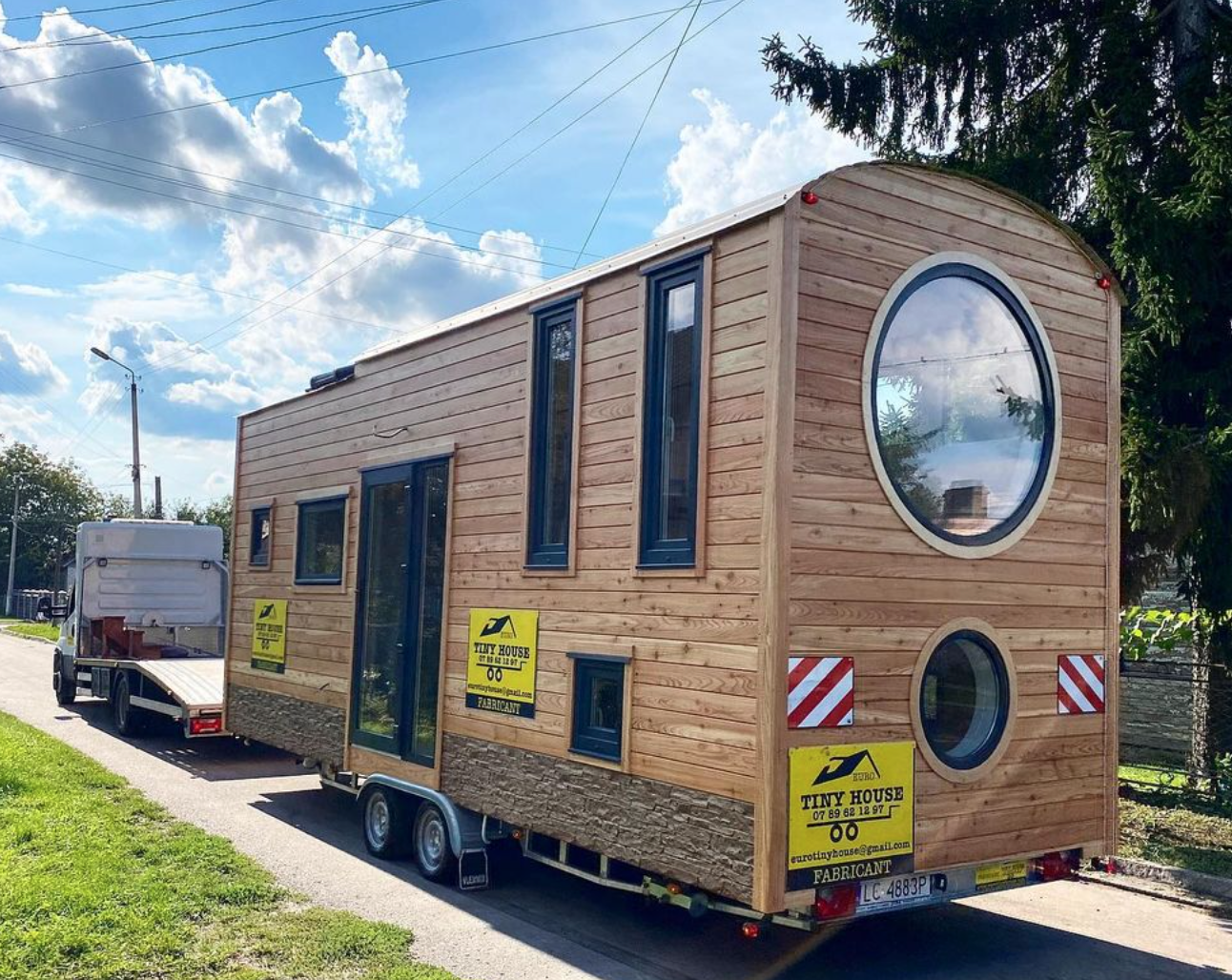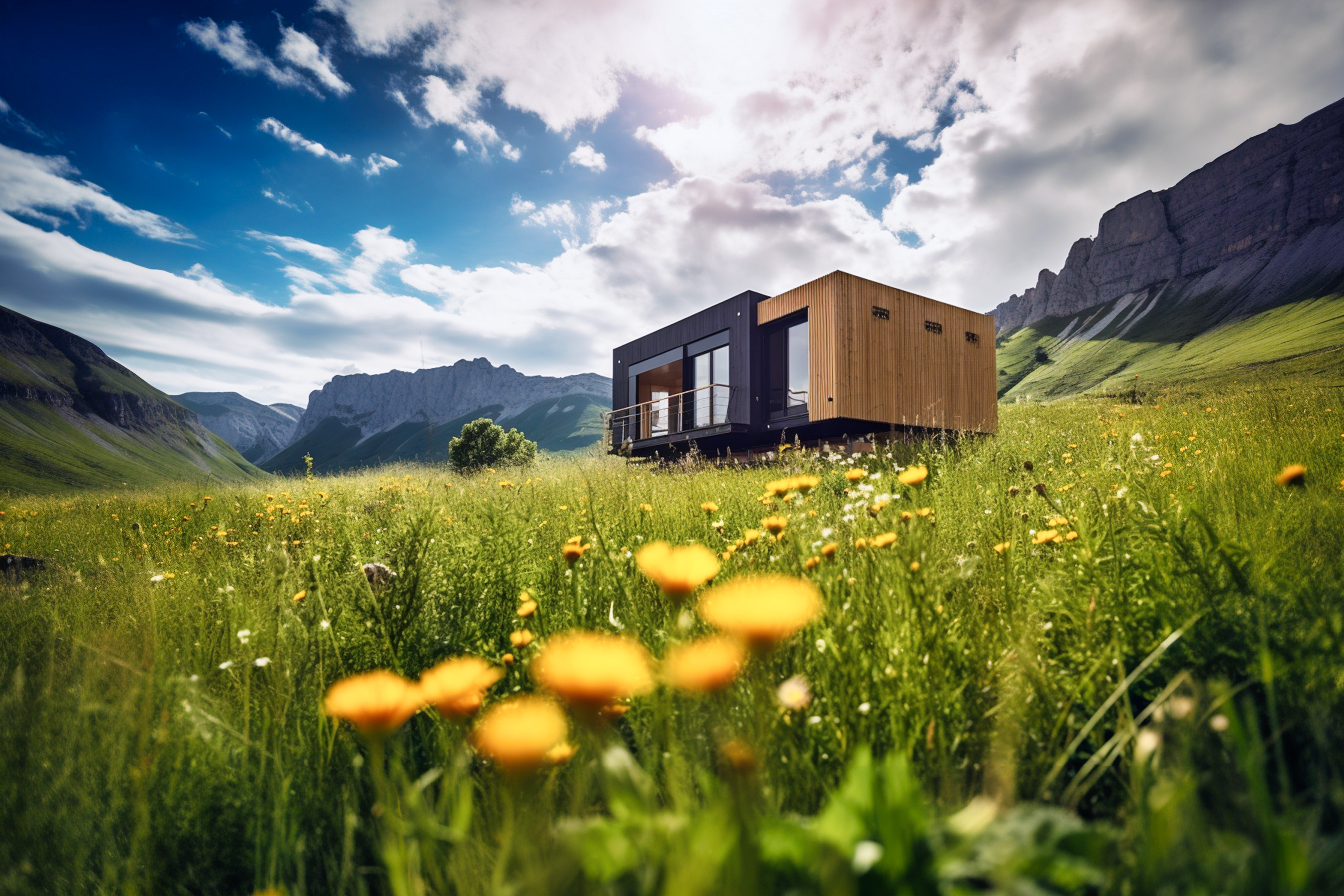02/09/2023
Are Tiny Houses energy-efficient?
The growing popularity of Tiny Houses in recent years has sparked a debate about whether these small, compact housing structures are truly energy-efficient. In this article, we will examine the factors that influence the energy efficiency of Tiny Houses and whether they indeed provide a sustainable housing option.
Why are Tiny Houses Becoming More Popular?
Space Constraints and Minimalism
The trend of Tiny Houses is closely linked to the desire for a simpler lifestyle and a reduction in space requirements. More and more people are realizing that they don't need tons of possessions and are instead opting for a minimalist way of life.
Environmental Awareness
Tiny Houses have a reputation for being more environmentally friendly, as they require fewer resources for construction and operation. This attracts environmentally conscious individuals who want to minimize their ecological footprint.
for 2 persons.
for 2 persons.
for 2 persons.
Energy Efficiency of Tiny Houses: A Deep Dive
The energy efficiency of tiny houses is a fascinating topic that deserves a closer examination. These compact living structures have garnered a lot of attention in recent years, not least because of their potential to reduce energy costs and be more environmentally friendly. Let's delve deeper into the various aspects that contribute to the energy efficiency of tiny houses.
Optimal Space Utilization
The key to the energy efficiency of tiny houses lies in the optimal use of limited space. Careful design and placement of windows allow for maximum natural lighting during the day, reducing the need for artificial lighting. At the same time, the strategic arrangement of windows and doors can provide efficient cross-ventilation, reducing the need for air conditioning in the summer.
Thermal Insulation and Insulation
Thermal insulation and insulation are crucial for the energy efficiency of tiny houses, especially in regions with extreme temperatures. By using high-quality insulation materials and professional installation, heat loss in winter can be minimized, and heat in summer can be kept out. This not only contributes to a more comfortable interior but also significantly reduces the energy demand for heating and cooling.
Renewable Energy Sources
The use of renewable energy sources such as solar panels is a significant step toward energy efficiency. Since tiny houses often have limited space, roofs can be efficiently used to generate solar energy. This energy can be used for lighting, operating electrical appliances, and even heating. The integration of such technologies significantly reduces dependence on conventional power sources.
Water Efficiency
The energy efficiency of tiny houses also extends to water consumption. By using water-saving fixtures, efficient toilet systems, and possibly graywater recycling, residents can minimize water consumption. This not only has a positive impact on the environment but can also reduce the need for water treatment and heating.
Construction Materials and Sustainability
The choice of the right building materials plays a crucial role in the energy efficiency of tiny houses. Sustainable materials such as wood, recycled building materials, and energy-efficient windows not only contribute to environmental friendliness but can also enhance the thermal performance of the house.
Tiny houses can undoubtedly be energy-efficient, provided they are designed and built with care. Their compact size, use of renewable energy sources, optimized space design, and high-quality insulation are key factors contributing to their energy efficiency. The growing popularity of tiny houses could represent a promising direction for sustainable living and energy savings in the future.
Challenges of Energy Efficiency
Limited Space for Technology
Due to the limited size of Tiny Houses, it can be challenging to integrate high-tech energy efficiency systems that are present in larger homes.
Insulation and Weather Resistance
Proper insulation and weather resistance are crucial for energy efficiency. Inadequate insulation can lead to higher energy consumption costs.
Are Tiny Houses energy-efficient? The answer depends on various factors. When designed and built correctly, Tiny Houses can indeed be extremely energy-efficient. Their compact size, use of renewable energy sources, and efficient space design are strong arguments for their energy efficiency.




